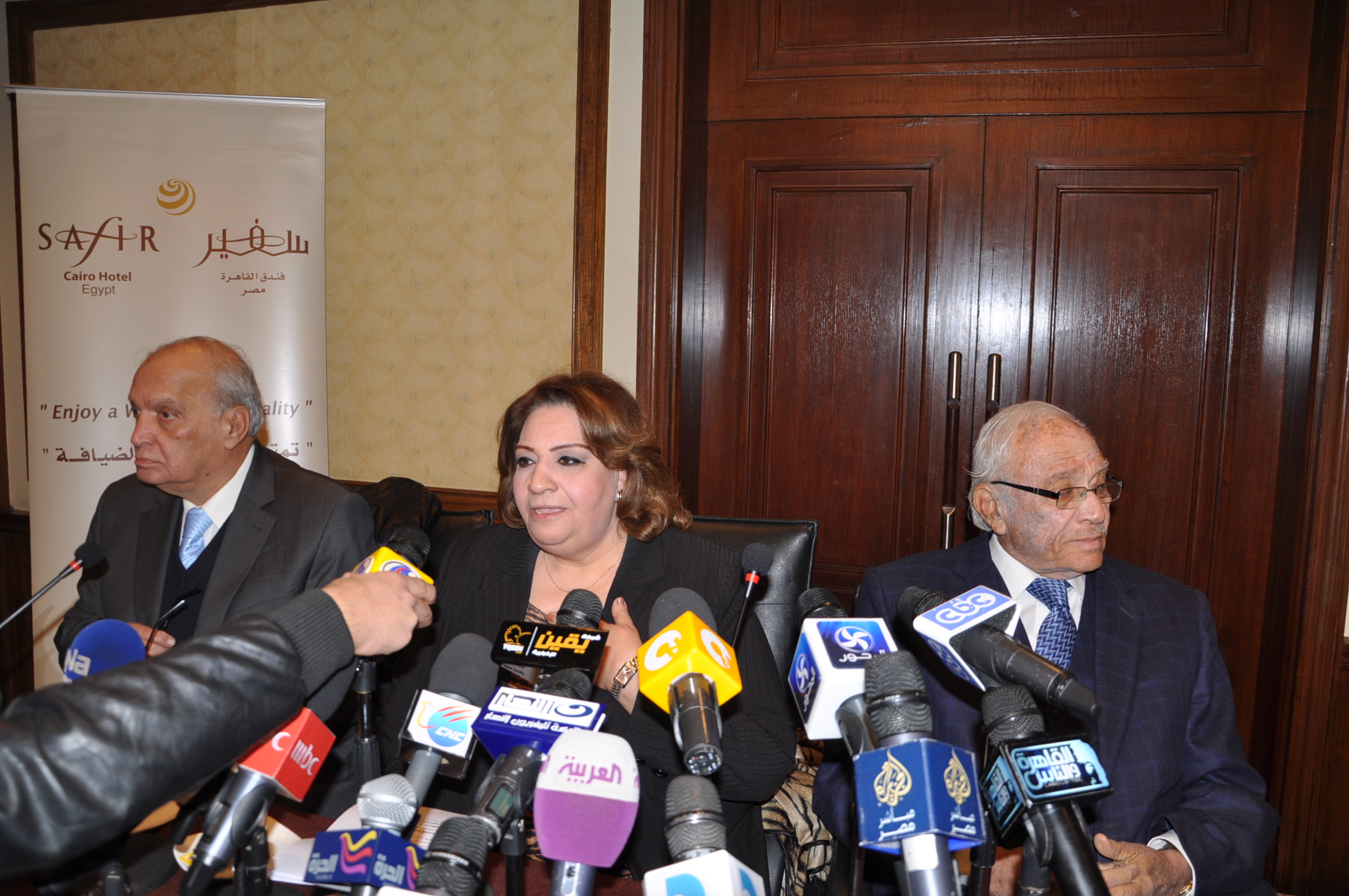As Egypt appreciates Ethiopia’s right to development, Ethiopia must understand that the River Nile is Egypt’s lifeline, Egyptian President Abdel Fattah Al-Sisi said on Saturday.
“We are keen on pursuing the political and diplomatic path to resolve the dispute over GERD,” Al-Sisi added during an inspection tour to the Western Military Zone.
Al-Sisi’s comments came less than a day after Egypt called on the United Nations Security Council (UNSC) to intervene in the dispute over the Grand Ethiopian Renaissance Dam (GERD). Addis Ababa has announced that it will go ahead with filling the dam.
In a statement late on Friday, Egypt’s Foreign Ministry said that it had filed a complaint to the UNSC to fulfil its responsibilities in keeping international peace. It also comes to prevent Ethiopia from taking unilateral actions on the GERD.
The ministry called on the UNSC to intervene to restart negotiations between Egypt, Sudan and Ethiopia in good faith to reach a fair binding agreement over the dam’s filling and operation.
The ministry said that recently renewed talks stalled due to Ethiopia’s not having the political will and insistence to unilaterally move on filling the dam. The filling would come in violation of the 2015 Declaration of Principles Agreement.
Mohamed Sameh Amr, Professor and Head of the Department of International Law at Cairo University told Daily News Egypt that Egypt has no other diplomatic option other than the UNSC regarding Ethiopia’s intransigence.
“When an upstream state (Ethiopia) constructs a dam on the River Nile to shrink or prevent the water shares of the downstream countries (Egypt and Sudan), then such a move threatens international peace and security,” Amr said.
He added that the UNSC has the power to recommend the restart of negotiations under UN supervision or any other international organisation to ensure a fair binding agreement is reached.
“The UNSC could ask Ethiopia to not start the filling the GERD until an agreement reached,” Amr said, “By resorting to the UNSC, Egypt raised a red flag to the international community that Ethiopia threatens its security and peace.”
Noha Bakr, Professor of Political Science at the American University in Cairo (AUC), told Daily News Egypt that Egypt has used all peaceful cooperative means with Ethiopia. This has included seeking US and World Bank mediation to resolve the dispute.
In addition to its concerns over its share of water, Egypt is also anxious over the dam’s safety, as it has not received environmental studies or data on the dam’s construction, Bakr said.
An agreement is required on significant points regarding the period and time of the GERD’s filling and its operation, and the methods of resolving disputes, Bakr continued.
“It seems clear that Ethiopia does not want anything binding, despite Egypt offering all opportunities for cooperation to reach a fair agreement,” Bakr said, adding, “Addis Ababa constructed its dam without prior notice to Egypt despite being a downstream country.”
She noted that Egypt has attempted to resolve the issue through the African Union (AU) and the Arab League, alongside White House mediation. This, however, has not succeeded due to Ethiopian intransigence, making it apparently clear that Egypt has no solution but to file a complaint with the UNSC.
Egypt’s request to the UNSC was based on Article 35 of the UN Charter. It grants both Member and Non-Member States the power to bring any dispute or situation that is likely to endanger international peace and security, to the attention of the Security Council.
“We have to be aware that the complaint came at a time that multilateralism is very weak because the international organisation (UN) itself needs many reforms to be effective,” Bakr said, “But Egypt adheres to multilateralism and cooperation frameworks until the last moment, because it seeks peace and development of it and its neighbours.”
Egypt’s complaint to the UNSC followed Ethiopia’s declaration that it will go ahead with filling the $4.6bn GERD project next month, even without agreement.
Ethiopian’s Foreign Minister, Gedu Andargachew, said in an in interview with the Associated Press (AP) that for Ethiopia “it is not mandatory to reach an agreement before starting filling the dam, hence we will commence the filling process in the coming rainy season.”
The latest round of trilateral negotiations between Egypt, Sudan and Ethiopia which began on 9 June by video conference reached deadlock. The talks followed previous rounds of discussions that have also ended without an agreement.
Last Wednesday, Egypt’s Minister of Water Resources and Irrigation Mohamed Abdel Aaty said negotiations have not led to any breakthrough, due “to the Ethiopian side’s inflexibility on several technical and legal issues”.
Egypt depends on the River Nile for about 90% of its water needs, including drinking water, industry, and agriculture. The country remains concerned that the GERD will shrink its share of River Nile water, and cause harms to its people.
Egypt’s water share of the river’s waters stands at about 55bn cbm, while the country’s water needs reached 59bn cbm, according to the Ministry of Water Resources and Irrigation.
Through the GERD project, Ethiopia seeks to create the largest hydropower country in Africa. The dam is expected to generate more than 6GW of energy by 2021.




